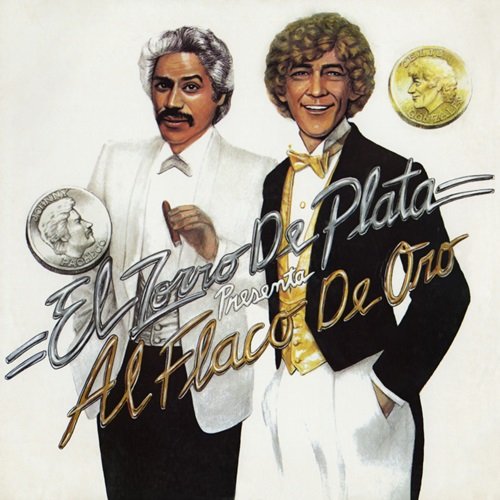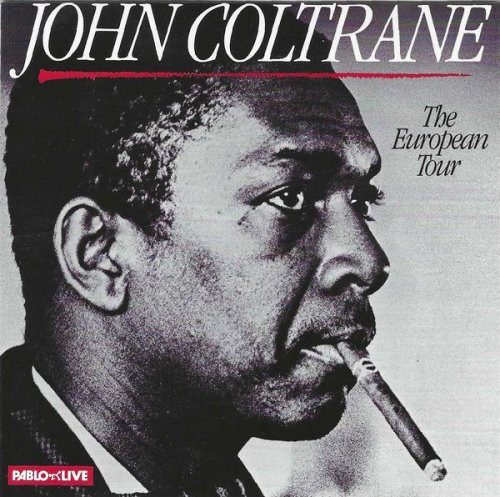Tito Muñoz - Michael Hersch: I hope we get a chance to visit soon (2020)
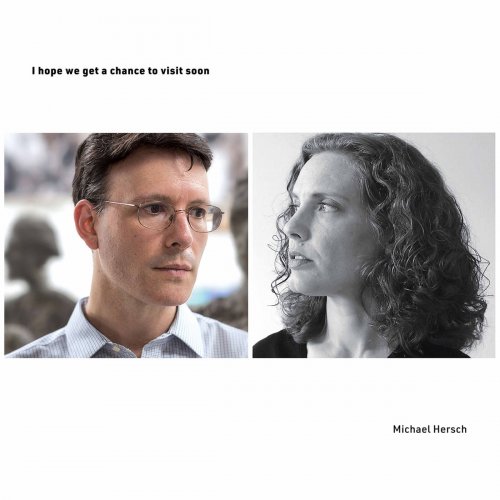
Artist: Tito Muñoz
Title: Michael Hersch: I hope we get a chance to visit soon
Year Of Release: 2020
Label: New Focus Recordings
Genre: Classical
Quality: FLAC (tracks+booklet)
Total Time: 61:04 min
Total Size: 266 MB
WebSite: Album Preview
Tracklist:Title: Michael Hersch: I hope we get a chance to visit soon
Year Of Release: 2020
Label: New Focus Recordings
Genre: Classical
Quality: FLAC (tracks+booklet)
Total Time: 61:04 min
Total Size: 266 MB
WebSite: Album Preview
01. I hope we get a chance to visit soon (Condensed Version): I. — [Live]
02. I hope we get a chance to visit soon (Condensed Version): II. — [Live]
03. I hope we get a chance to visit soon (Condensed Version): III. — [Live]
04. I hope we get a chance to visit soon (Condensed Version): IV. — [Live]
05. I hope we get a chance to visit soon (Condensed Version): V. — [Live]
06. I hope we get a chance to visit soon (Condensed Version): VI. — [Live]
07. I hope we get a chance to visit soon (Condensed Version): VII. — [Live]
08. I hope we get a chance to visit soon (Condensed Version): VIII. — [Live]
09. I hope we get a chance to visit soon (Condensed Version): IX. — [Live]
10. I hope we get a chance to visit soon (Condensed Version): X. — [Live]
11. I hope we get a chance to visit soon (Condensed Version): XI. — [Live]
12. I hope we get a chance to visit soon (Condensed Version): XII. — [Live]
13. I hope we get a chance to visit soon (Condensed Version): XIII. — [Live]
14. I hope we get a chance to visit soon (Condensed Version): XIV. — [Live]
15. I hope we get a chance to visit soon (Condensed Version): XV. — [Live]
16. I hope we get a chance to visit soon (Condensed Version): XVI. — [Live]
Composer Michael Hersch tackles difficult subject matter unflinchingly, delving deep inside the nature of pain, anguish, and suffering in works that frequently explore illness and mortality. I hope we get a chance to visit soon is no exception. The companion piece to his 2012 monodrama, On the Threshold of Winter, which set texts by Romanian poet Marin Sorescu who succumbed to cancer, I hope we get a chance to visit soon engages with the loss of Hersch’s close friend Mary Harris O’Reilly to the disease. Hersch’s own bout with cancer is always lurking in the subtext of these powerfully topical works, manifest in his chosen sonic world that primarily sets texts from correspondence between O'Reilly and Hersch, some of which were exchanged while both were in treatment. These texts are often set in opposition to fragments from the poetry of Rebecca Elson. The work is scored for two soprano soloists and chamber ensemble. Hersch divides the texts between the words of O'Reilly and Elson, establishing contrasting roles and perspectives on the situation that the protagonist finds herself in. That the formal release of this recording comes in the midst of a global pandemic will not be lost on anyone, and only intensifies the contemporary experience of this powerful work.
Hersch organizes the piece into sixteen total sections, the first of which is the longest and functions like a prelude or overture to the fifteen sections that follow. This extensive section sets texts by poet Christopher Middleton both in English as well as in German translation, establishing a duality between the two sopranos which will become a primary component for the text settings of O’Reilly and Elson moving forward. This section is in fact an adaptation and expansion of a prior work of Hersch’s for voice, violin, and cello, ...das Rückgrat berstend, which is included on Hersch’s release, “Carrion-Miles to Purgatory,” New Focus FCR229. The ensemble grows out of a cloud of sound at the opening, ushering in the voices as they overlap each other, uttering fragments of ominous English and German phrases. Though Middleton’s texts have not overtly laid out the central conflict of the work, Hersch’s taut sonorities signal the weight and import of the expressive world we have entered into.
It is in the second section that we are introduced to O’Reilly’s words directly. Hersch’s setting captures the paralysis that often accompanies such news, as haunting chords containing microtonal internal intervals in the strings wash over the listener like a slow moving sense of dread. The short, violent third section is undoubtedly expressive of one’s emotional reaction to the news once it has sunk in, free of the burden of keeping a positive face with a newly diagnosed friend. The subsequent sections alternate between gripping outbursts and quasi-recitative style text delivery, as Hersch brings the listener along a series of horrifying revelations about O’Reilly’s disintegrating health.
The sixth section opens with quiet material in the piano, enveloped by colors similar to the opening of section two, as the voice enters for an aria that is occasionally interrupted by brusque punctuations from the ensemble. Sections seven through nine are characterized by drastic character shifts, from the searing wildness of the opening of sections seven and nine, to the disembodied textures in section ten, as Hersch holds the intensity of the unfolding narrative by alternating between often brutal extremes.
We hear a return of the piano figure from section six in the twelfth section, an extended instrumental passage with fleshed out commentary from strings and winds. When the voices do finally enter in this section, they do so first in monotone and then in a whisper, devoid of the color and vibrancy of previous material.
The last four sections of the work chronicle the devastating effects of the late stage of the disease. When we reach the final sixteenth section, Hersch references the opening of section two with somber spoken text accompanied by whispered poetry, as if already heard from the beyond. We only hear the instruments again one minute before the close of the work, providing a forbidding pad for O’Reilly’s heartbreaking final lines, “so that’s what’s new with me...it’s kind of hard not to be frightened.”
Like many of his works, Michael Hersch’s I hope we get a chance to visit soon is a cathartic journey into difficult emotional territory. But Hersch chooses his subject matter and powerful, jarring musical approach not for shock value, but instead to grab our collective proverbial collars and wake us out of complacency, to remind us of the fragility of health and life. In a historical moment like the one we find ourselves in, the complacency has perhaps already been stripped away, increasingly replaced by an unfortunate resonance with the painful realities which he so deftly expresses in music.
Hersch organizes the piece into sixteen total sections, the first of which is the longest and functions like a prelude or overture to the fifteen sections that follow. This extensive section sets texts by poet Christopher Middleton both in English as well as in German translation, establishing a duality between the two sopranos which will become a primary component for the text settings of O’Reilly and Elson moving forward. This section is in fact an adaptation and expansion of a prior work of Hersch’s for voice, violin, and cello, ...das Rückgrat berstend, which is included on Hersch’s release, “Carrion-Miles to Purgatory,” New Focus FCR229. The ensemble grows out of a cloud of sound at the opening, ushering in the voices as they overlap each other, uttering fragments of ominous English and German phrases. Though Middleton’s texts have not overtly laid out the central conflict of the work, Hersch’s taut sonorities signal the weight and import of the expressive world we have entered into.
It is in the second section that we are introduced to O’Reilly’s words directly. Hersch’s setting captures the paralysis that often accompanies such news, as haunting chords containing microtonal internal intervals in the strings wash over the listener like a slow moving sense of dread. The short, violent third section is undoubtedly expressive of one’s emotional reaction to the news once it has sunk in, free of the burden of keeping a positive face with a newly diagnosed friend. The subsequent sections alternate between gripping outbursts and quasi-recitative style text delivery, as Hersch brings the listener along a series of horrifying revelations about O’Reilly’s disintegrating health.
The sixth section opens with quiet material in the piano, enveloped by colors similar to the opening of section two, as the voice enters for an aria that is occasionally interrupted by brusque punctuations from the ensemble. Sections seven through nine are characterized by drastic character shifts, from the searing wildness of the opening of sections seven and nine, to the disembodied textures in section ten, as Hersch holds the intensity of the unfolding narrative by alternating between often brutal extremes.
We hear a return of the piano figure from section six in the twelfth section, an extended instrumental passage with fleshed out commentary from strings and winds. When the voices do finally enter in this section, they do so first in monotone and then in a whisper, devoid of the color and vibrancy of previous material.
The last four sections of the work chronicle the devastating effects of the late stage of the disease. When we reach the final sixteenth section, Hersch references the opening of section two with somber spoken text accompanied by whispered poetry, as if already heard from the beyond. We only hear the instruments again one minute before the close of the work, providing a forbidding pad for O’Reilly’s heartbreaking final lines, “so that’s what’s new with me...it’s kind of hard not to be frightened.”
Like many of his works, Michael Hersch’s I hope we get a chance to visit soon is a cathartic journey into difficult emotional territory. But Hersch chooses his subject matter and powerful, jarring musical approach not for shock value, but instead to grab our collective proverbial collars and wake us out of complacency, to remind us of the fragility of health and life. In a historical moment like the one we find ourselves in, the complacency has perhaps already been stripped away, increasingly replaced by an unfortunate resonance with the painful realities which he so deftly expresses in music.
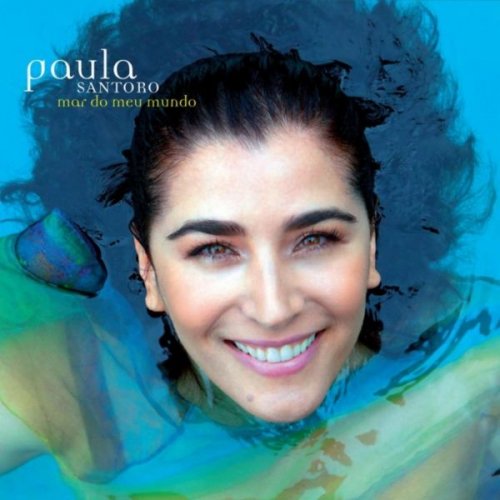
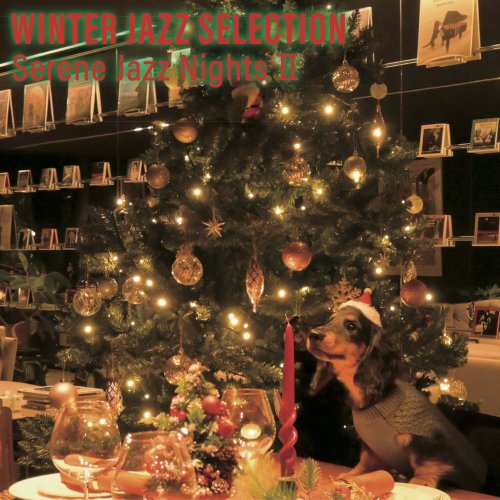
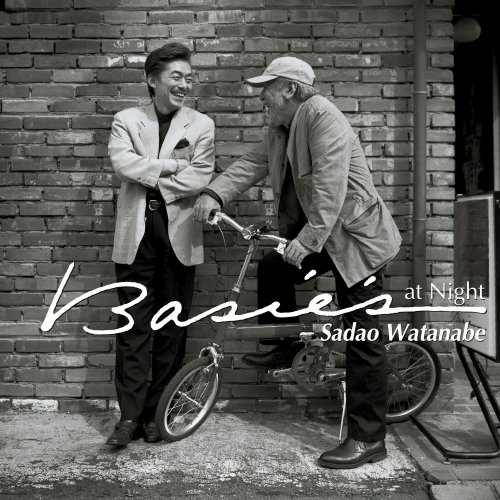
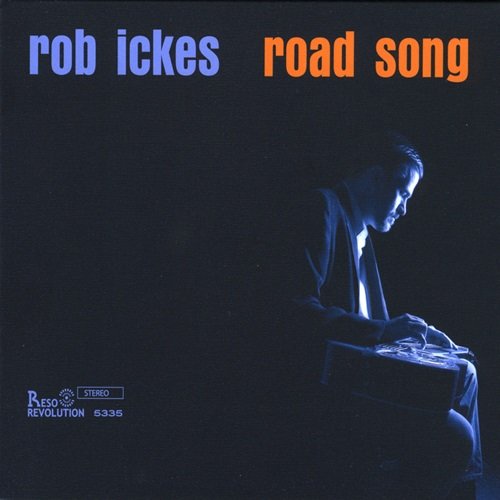
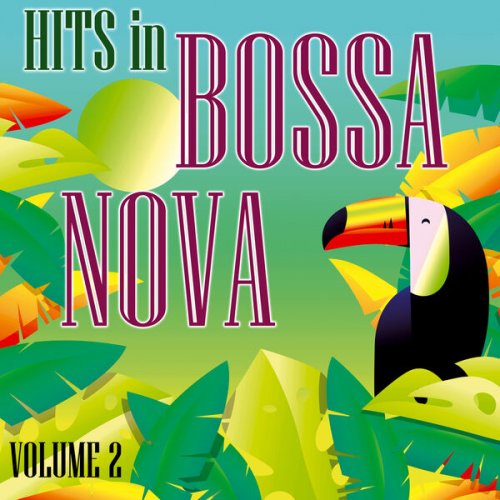
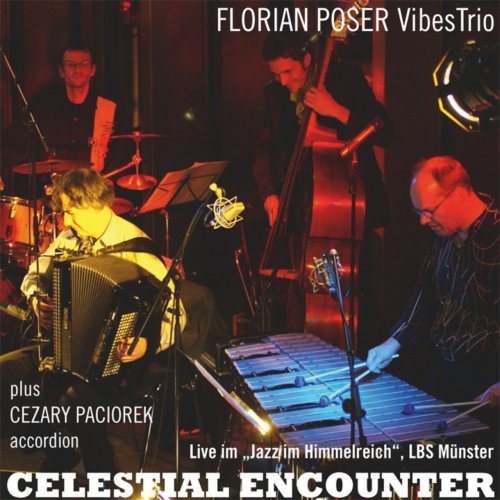
![Stephen McCraven - Wooley the Newt (2025) [Hi-Res] Stephen McCraven - Wooley the Newt (2025) [Hi-Res]](https://www.dibpic.com/uploads/posts/2025-12/1765906334_cover.jpg)
